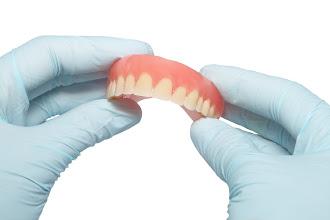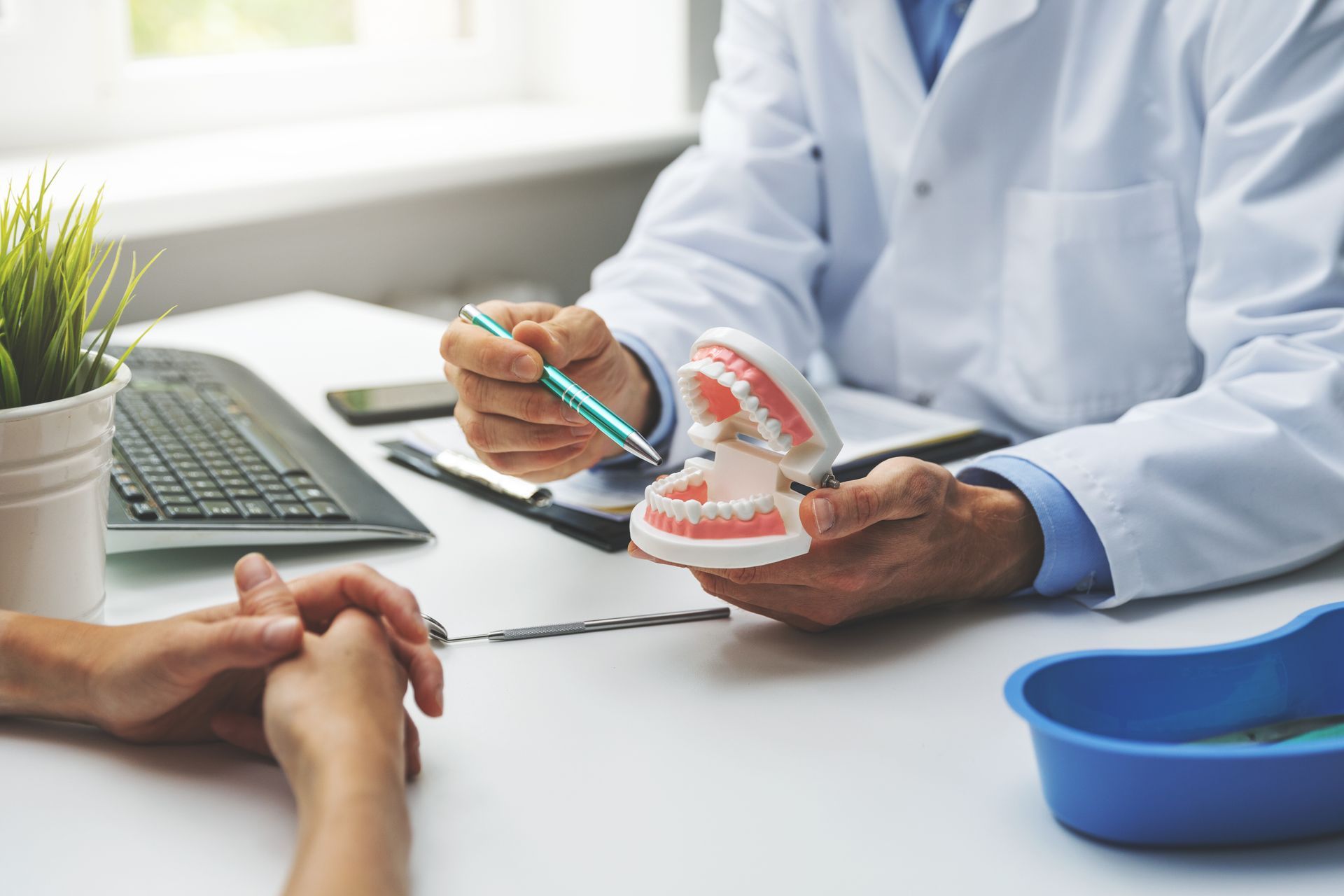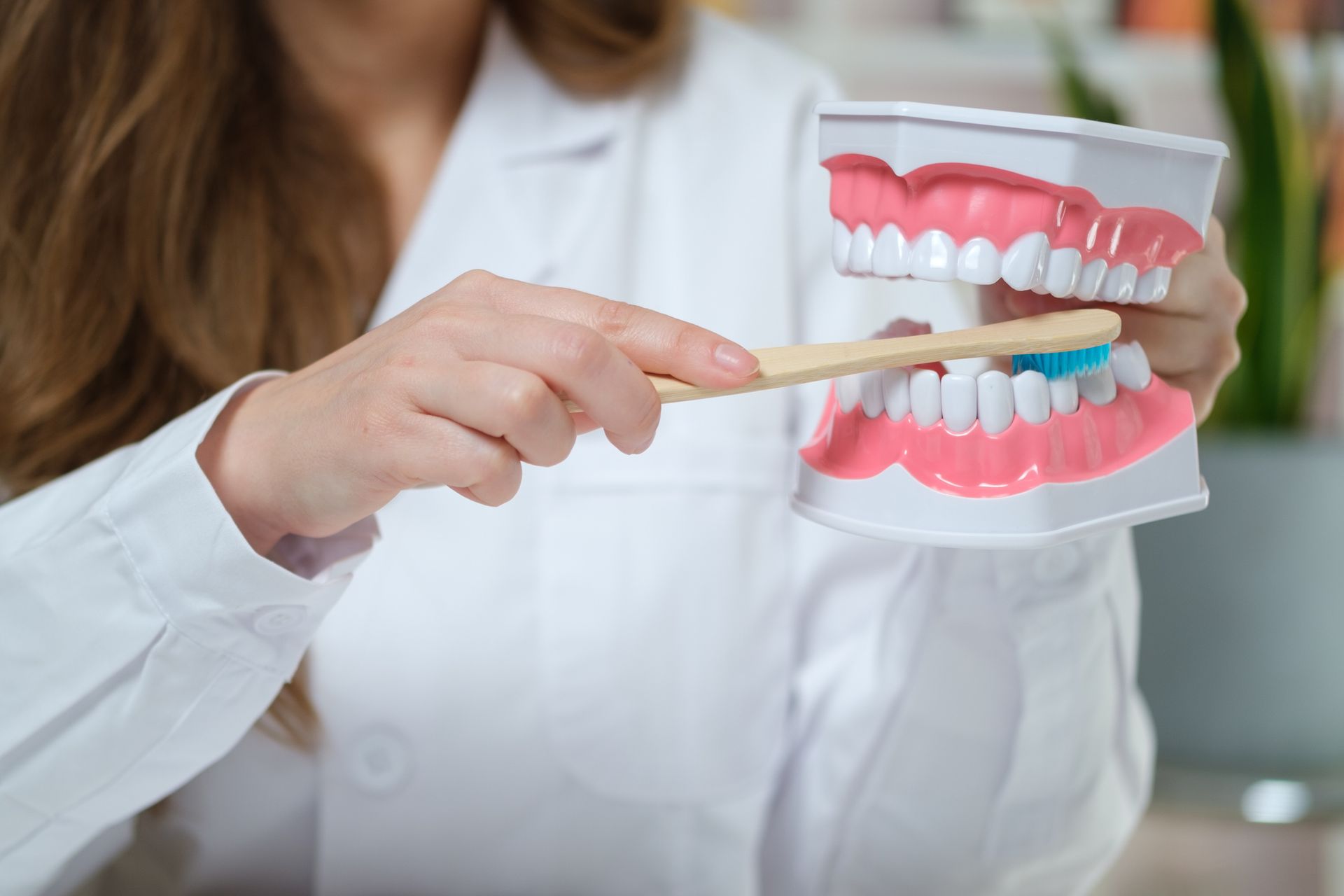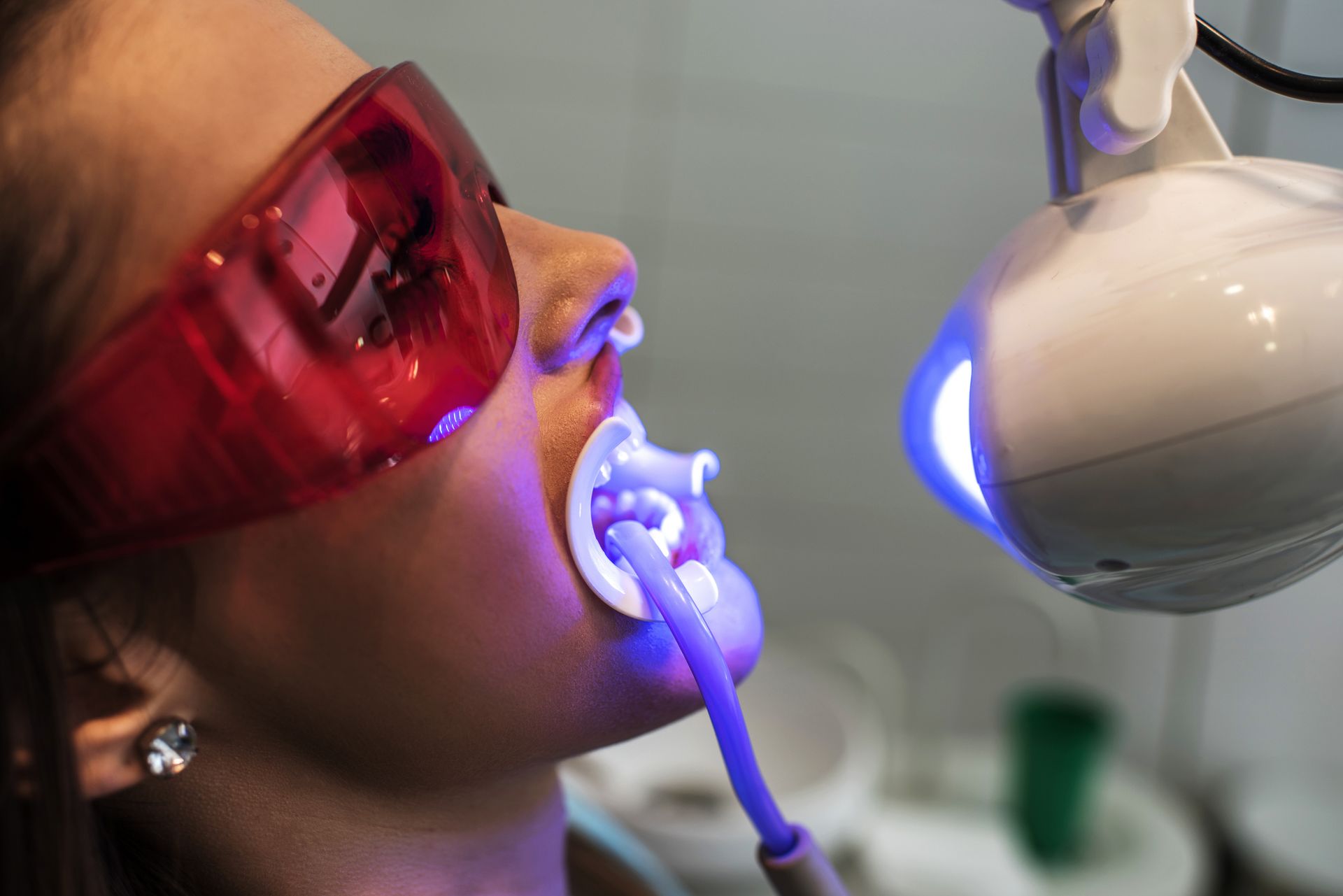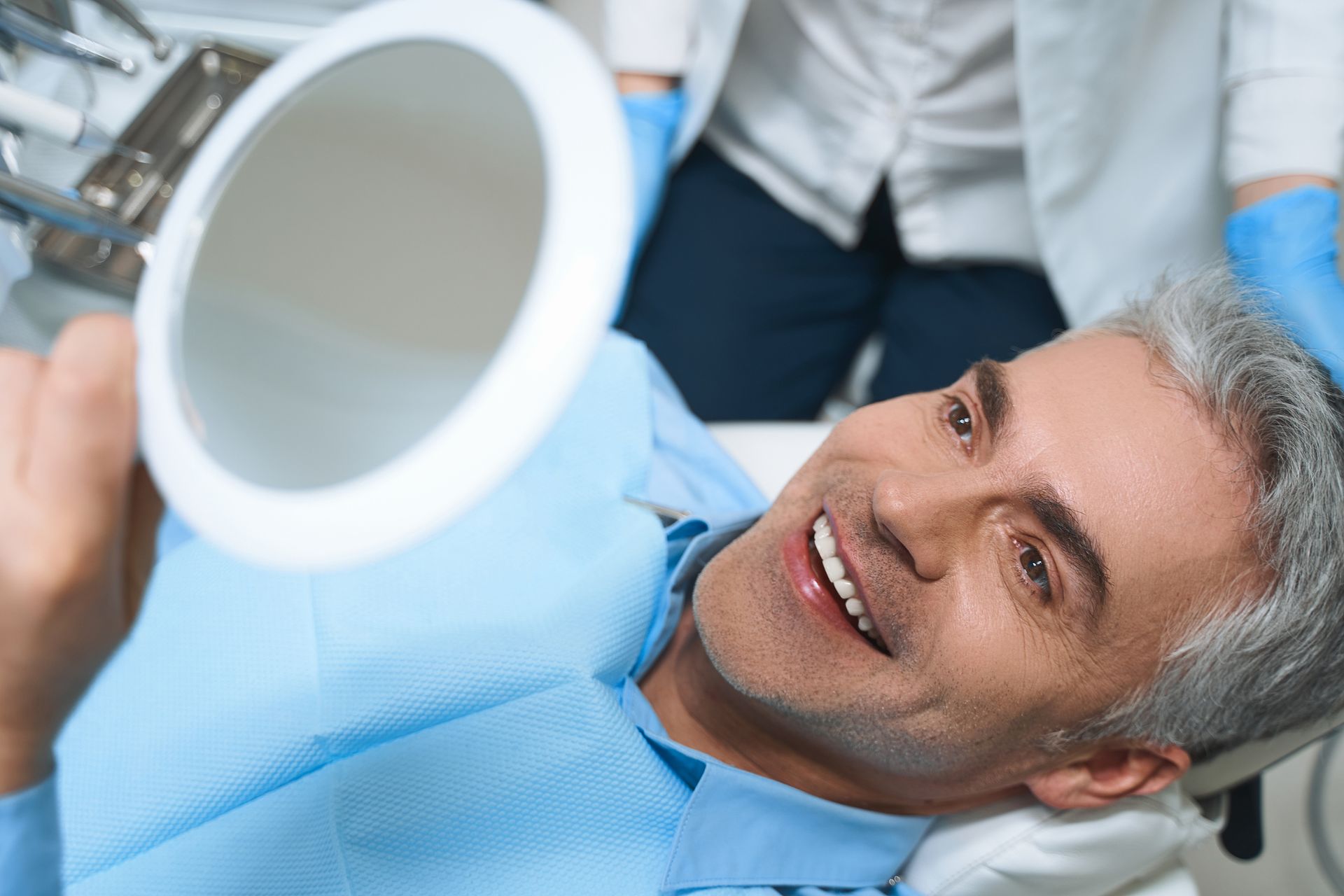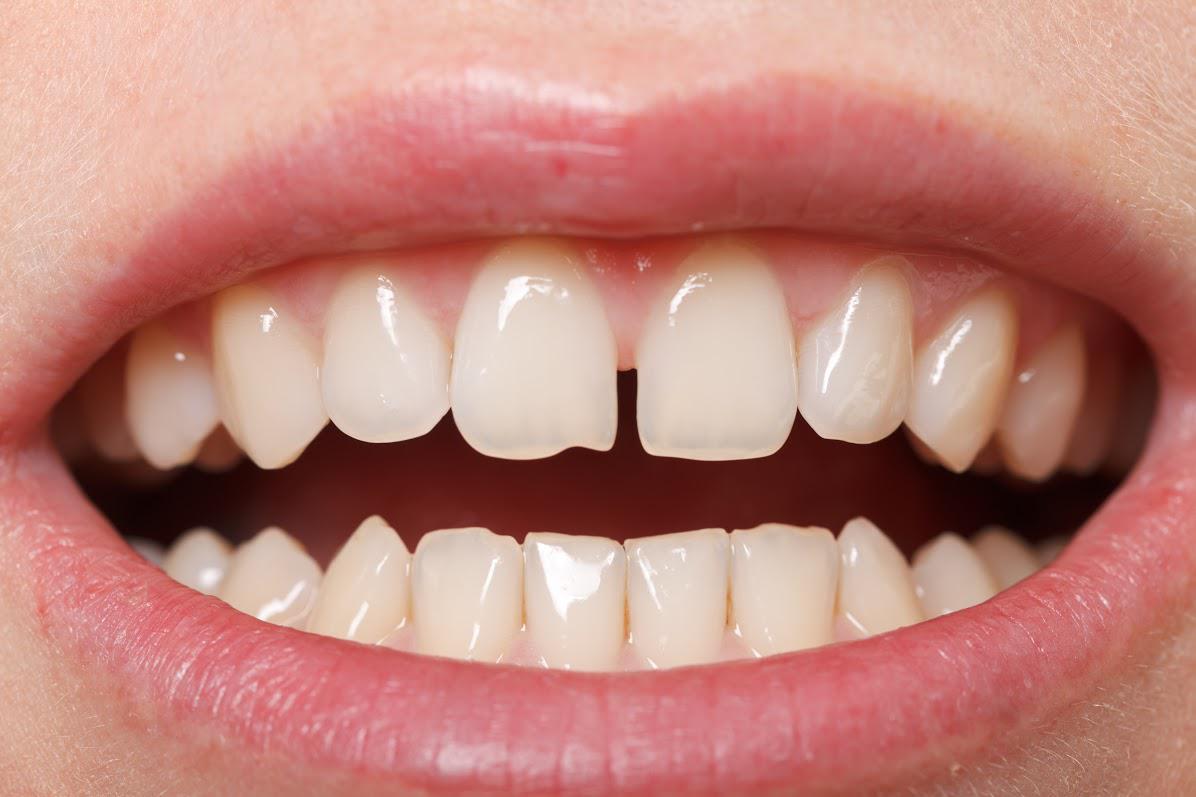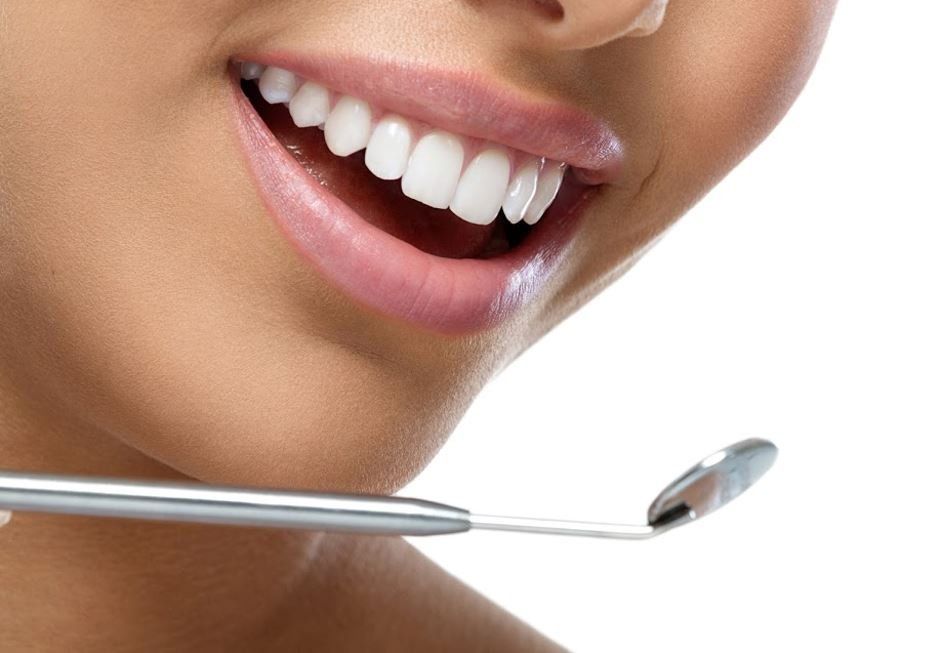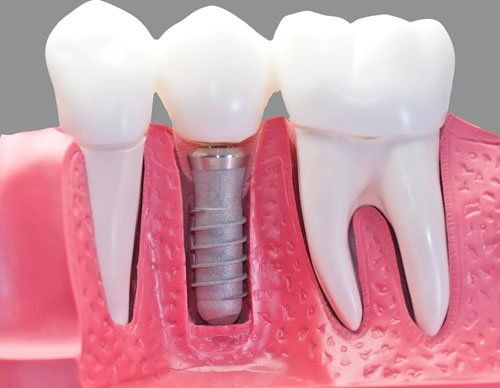The Dos and Don'ts of Caring for Your Dentures
Dentures can greatly enhance your quality of life if your teeth are damaged and causing you excessive pain. Although your dentist will try to save your natural teeth when possible, getting dentures is oftentimes a relief to dental patients. If you and your dentist decide on dentures, consider these important dos and don'ts for optimally caring for your dentures.
Do Get a Toothbrush Designed for Dentures
Although a soft-bristled toothbrush is typically safe for dentures, it's a smart idea to get a toothbrush that is specifically designed for dentures to optimally clean them. You can find a denture toothbrush at most drugstores. If you have any problems attaining one, your dentist will be able to help you get the denture care tools you need.
Don't Keep Your Dentures in Overnight
You should remove and clean your dentures every day. Never skip a day or leave your dentures in your mouth overnight unless your dentist has recommended it for your particular situation. The exception to this may be when your dentures are brand new. However, once your mouth adjusts, always take them out before you go to sleep.
Do Clean Your Mouth After Removing Dentures
Many people with dentures mistakenly think that they don't need to brush the inside of their mouth. Instead, they focus solely on cleaning their dentures after removal. However, you still need to clean your gums, tongue, cheek area, and the roof of your mouth. Bacteria and food debris can build up inside the mouth and still need to be thoroughly cleaned.
Use a soft-bristled toothbrush to clean your mouth. Make sure than any remaining denture adhesive is removed. Swish with mouthwash, then massage your gums with a damp washcloth if you feel like your mouth needs it. If you have a partial denture, be sure to brush and floss your permanent teeth twice each day.
Don't Use Denture Cleansers in Your Mouth
Although it can seem like it would save time and effort to simply clean your dentures while they are in your mouth, always take your dentures out for cleaning. If you are short on time, wait and clean them properly. Denture cleaners are specifically formulated to safely clean your dentures outside your mouth only.
Do Rinse Your Dentures Thoroughly
One of the reasons that dentures shouldn't be cleaned in your mouth is that the specially formulated denture cleansers are powerful. They often contain harsh chemicals that can result in vomiting and sickness if you swallow them. Carefully rinse your dentures thoroughly every single time you clean them before you put them back in your mouth.
Don't Leave Your Dentures Out to Dry
When you remove your dentures, handle them carefully and always put them in liquid. The liquid you typically want to use is a denture cleaning solution. If you don't have any on hand and need to remove your dentures, immerse them in warm water. It may seem counterintuitive since many people feel that drying them out would be beneficial, but they may warp if they are left to dry.
Do Seek Help for Ill-Fitting Dentures
If your dentures are loose and overall don't fit your mouth, see your dentist as soon as possible. The bones in the mouth and your gums change over time, so your dentures may fit differently over time. Ignoring ill-fitting dentures can cause damage to your dentures and your mouth. You may experience sores, a burning sensation, and other pain.
Don't Skip Your Regular Checkups
Some people mistakenly think that dentures are their get-out-of-dental-exams free card. However, denture wearers need to keep regular dental appointments like everyone else. Your dentist will examine your mouth to ensure that all is well. Bring your dentures, too. Your dentist will examine them for any damage and offer a professional cleaning.
Finally, contact Gregory S. Rutherford, DDS, PA , today for a checkup to determine whether getting dentures is the best choice for your situation. Our caring team happily serves adults in Sarasota and the surrounding areas.

